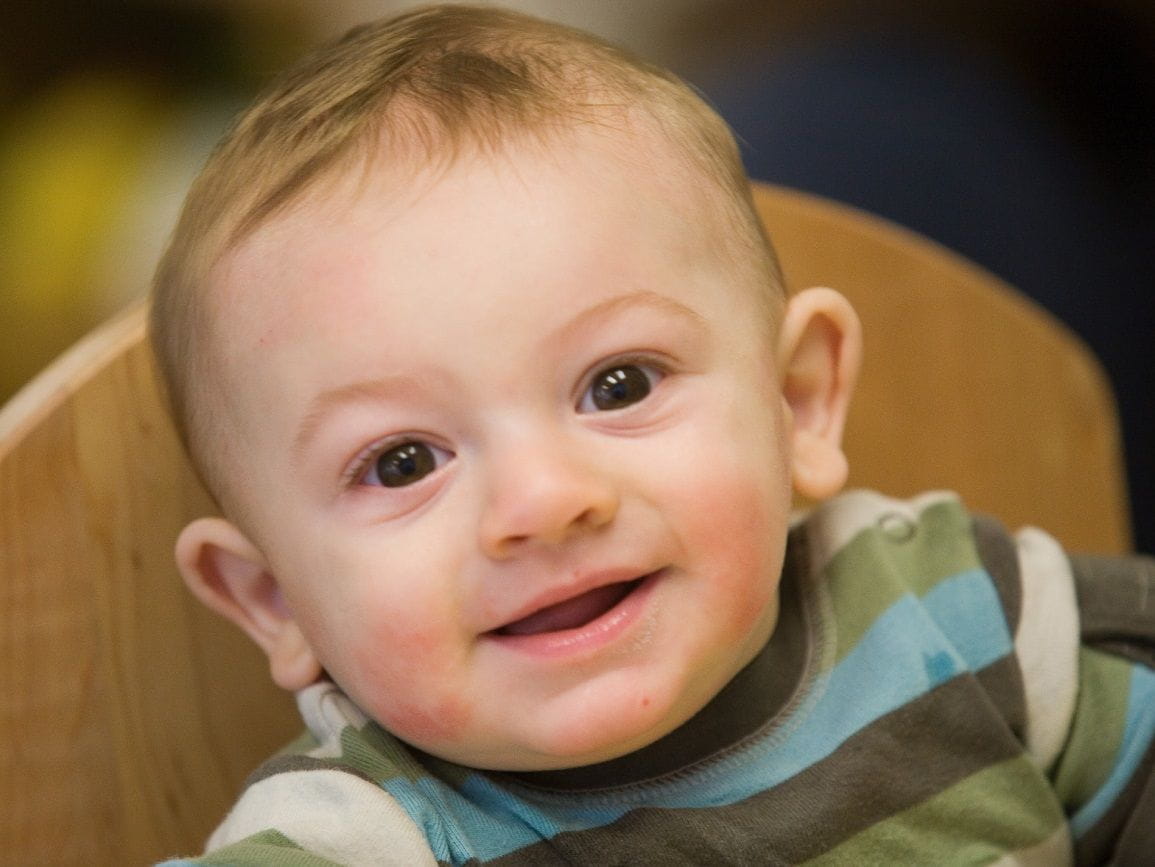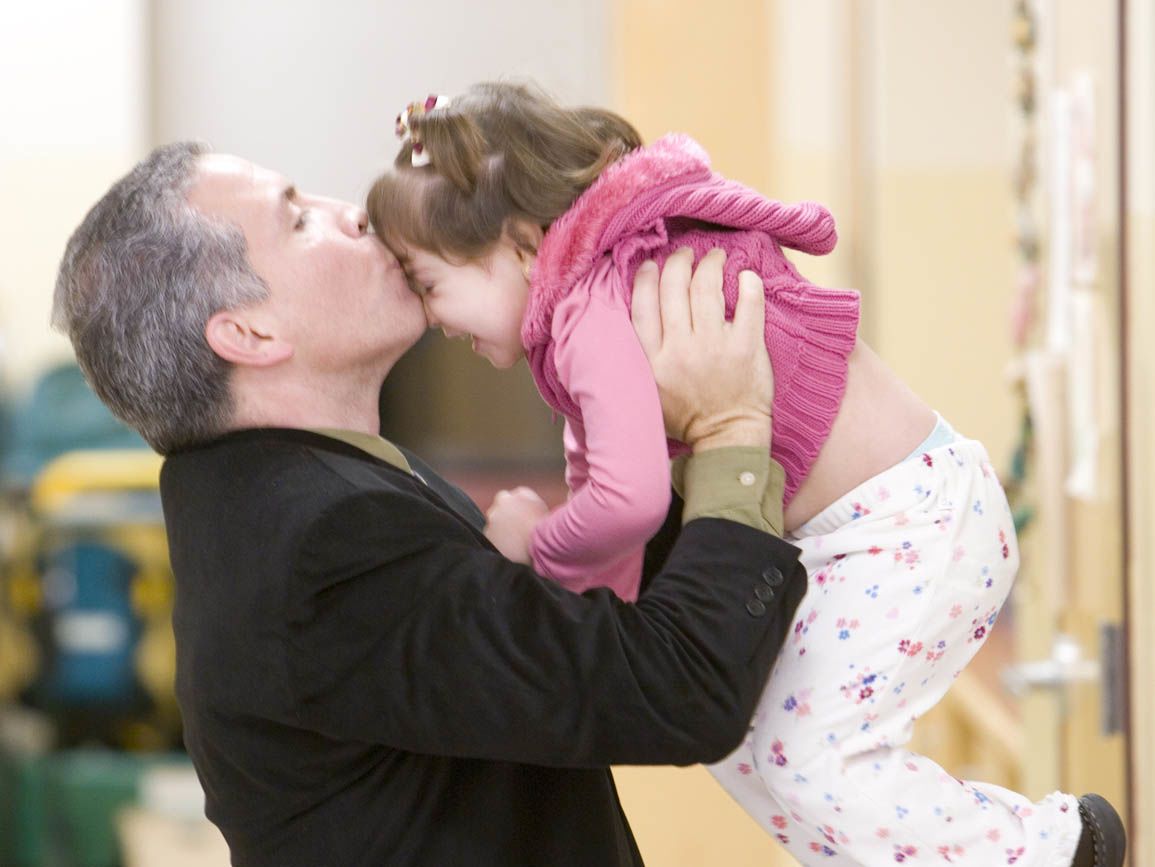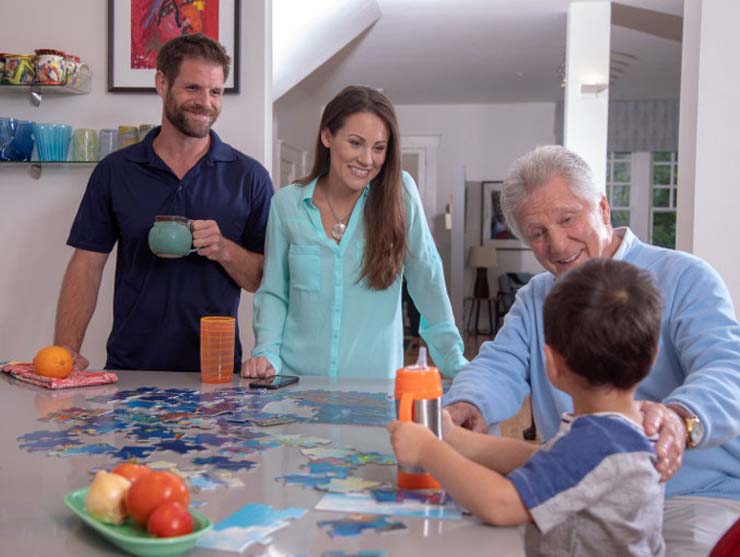More often than not, there are numerous questions a family might have when visiting a center, especially if this is their first experience with child care. The process can be overwhelming if you don’t know where to start.
A common topic that comes up often when looking for child care is health and safety. Here are some important things to consider and questions to ask when you’re searching for a child care solution.
Security and Open Door Policies
CPR and First Aid
Ratios and Supervision
Food and Allergy Management
Preventing Illness at the Center
Sanitation and Cleanliness
Approach to Positive Guidance
Security and Open Door Policies
It’s important to learn about the center’s front door security, including a secure entrance where the front doors are located. In addition, consider the following:- Are drop-off and pick-up procedures detailed and consistent?
- How do families enter the center?
- How do visitors, or those who are authorized to drop-off or pick-up, get in?
- Is there is an open door policy? Are families encouraged and welcomed to drop by at any point to nurse, cuddle, or have lunch with their children?
CPR and First Aid
Ask if staff members are up-to-date on certifications and well-trained in case of an emergency.- Do teachers have certifications in CPR and first aid?
- Is it mandatory for them to keep certifications up-to-date?
- Are there regularly-attended, required trainings available to ensure that they are properly trained for any emergency?
Ratios and Supervision
While teacher-to-child ratios may vary slightly from state to state, they are mandated and must be followed.- Ask about the ratios in the classrooms.
- Make observations. How are the children supervised?
- Does the center have transition tracking and roll-call procedures? These tools ensure that staff members are aware of the number of children in their care at all times.
Food and Allergy Management
If your child has a food allergy, you may be hesitant to enroll in a group care situation. Confirm that the center has solid policies and procedures in place to manage all allergies, and that they take these matters very seriously. Here are some questions to ask the center:- How are food allergies handled?
- Do you train in allergy treatment and reaction prevention?
- Can you tell me how the center keeps track of whose food is whose?
- How does the center verify that all children receive the correct food (liquids and solids)?
- Is the center “Nut Safe” and can you clarify what that means to you?
- Who can administer an EpiPen? Does the EpiPen go everywhere my child goes?
- What happens in the case of an emergency?
Preventing Illness at the Center
Practicing healthy habits and taking good care of ourselves might be second nature to many of us, but for our children whose immune systems are still developing, healthy habits need to be taught. From shoeless environments in the infant classrooms to teaching children how to use tissues, you’ll want to seek a child care partner that will help your children develop lifelong healthy habits. Here are some topics to explore with the center:- Tell me about your illness policy.
- Do you lead by example by including children in the preparation of healthy meals and exercise routine?
- Is promoting a healthy lifestyle, e.g. exercise; plenty of rest; eating good, healthy foods; and practicing good hygiene, part of your curriculum?
- Can I see a sample snack or lunch menu?
- Are tissues, sinks, and liquid soap readily available?
- Do children have to stay out of the center for a certain period of time if they are sick? Do teachers?
- What happens if a child gets sick during the day?
Sanitation and Cleanliness
We all want a clean environment for our children. Take a look around the center on a visit - in the classrooms, the bathrooms, the kitchen (if there is one), any offices, and even the hallways.- Inquire about how the toys are cleaned after they have been in a child’s mouth.
- Are surfaces disinfected throughout the day and at closing?
- Who cleans the classrooms? Do the teachers clean or does a professional cleaning service come in nightly to deep clean the classrooms, bathrooms and common areas?
- Tell me about the diaper changing procedures. Clarify how often diapers are changed. Are there separate areas that are only used for diaper changes?
- Do teachers wear gloves and sanitize the area after a diaper change?
- How does potty learning work in the center?
Approach to Positive Guidance
In social settings where young children are just beginning to interact with their peers, it isn’t unusual for a child to test boundaries. For a child care setting, aim for an environment where children are encouraged to develop and grow as individuals, while learning more constructive ways to behave and create relationships.- Ask for information on the approach to discipline. You’ll want to make certain that the approaches are realistic for the developmental level of the child.
- Observe the teachers. Do they interact with children in caring, respectful, and positive ways and model appropriate behavior?
- Is an environment of “yes” created, which enhances and encourages positive behavior?
- Ask the center to give you an example of what would happen if a child threw a toy at another child. What happens if a child bites another child?
- Look to see if children are being redirected and given alternatives.
- Do you see behavior such as cooperating, helping, negotiating and problem solving being encouraged?
Don’t Be Afraid to Ask Questions
Health and safety is an important factor when searching for a quality child care center, but it isn’t the only element to consider. Don’t hesitate to ask about the things that matter to you. There is nothing more important than the peace of mind that comes with knowing your child is safe, happy, and well-cared-for!More on Kids’ Health and Safety
- Learn more about the health and safety procedures at Bright Horizons child care centers.
- Is your baby starting to roll, crawl, or walk? Check out our tips for babyproofing your home.
- Learn ways to encourage child’s healthy eating habits and how to teach children where their food comes from.





